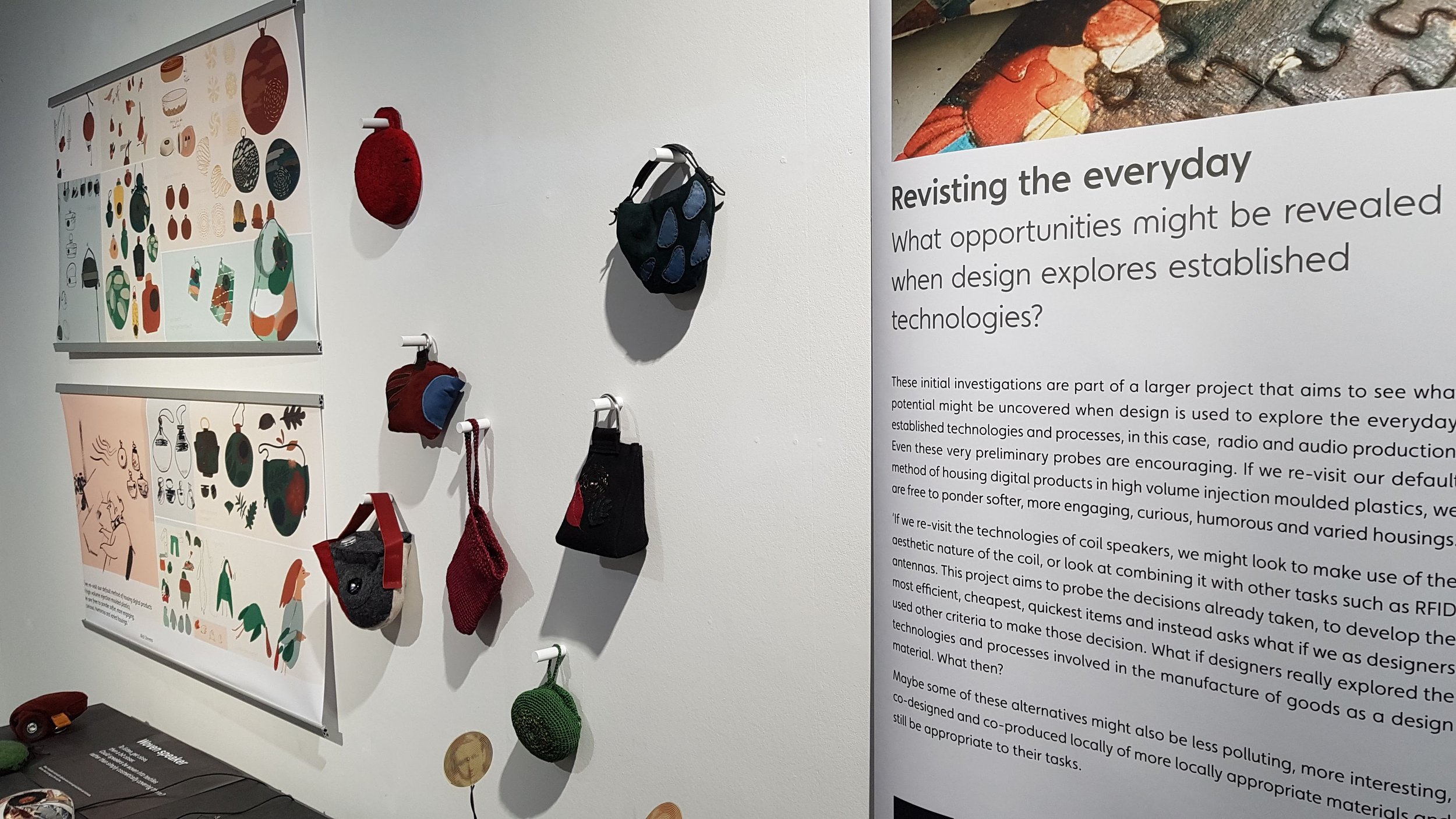About the Event
With the rapidly declining social, political, and ecological conditions we see around us, the recent 6th IPCC assessment report confirms that the state of the Earth’s climate systems and its life sustaining biosphere will continue to decline unless we act immediately (Ceballos et al., 2017; Díaz et al., 2019; Steffen et al., 2018). Our current civilizational paradigm seems to be inherently unsustainable and woefully inadequate to tackle the enormity of these existential threats. Unfortunately, the longer we wait to act, the narrower the opportunities of collective actions become, while simultaneously feeding back to us cycles of climate anxiety and climate despair where it becomes easier to simply ‘imagine the end of the world’. This ‘defuturing’—a negation of the possibilities of our future (Fry, 1999), seems to have taken deep roots in our collective imaginations. However, the urgency of climate action requires of us to explore the kind of choices that may lie ahead, beyond the limiting binaries of climate denialism and climate fatalism. Given these circumstances, if we are to realise the means to limit atmospheric global warming to 1.5oC, it calls for us to reassess certain fundamental assumptions which have helped make and remake the world as we know it today. Recent scholarship contests that a 1.5oC world might be achievable precisely by reimagining and reconfiguring some of these fundamental assumptions about our socio-economic systems (Folke et al., 2021; Keyßer & Lenzen, 2021; Kuhnhenn et al., 2020).
Therefore, the urgent task of climate actions today seems to suggest that we need to “refuture” what’s already been defutured, to reclaim the present as we know it from “Business as Usual” (BAU) such that the future, when we arrive in it, is profoundly different from what we can forecast today. For the design disciplines, this is perhaps the task of rehumanization (Freire, 2014)—that we both rehumanize design and reclaim our collective humanity in the face of our dehumanized futures. Such refuturing within design implies a form of ‘concrete utopianism’ in the face of climate dystopias by preconfiguring the conditions for a radically pluriversal paradigm to emerge, in the here and now. Thus, the exhibition aims to convey the possibilities for refuturing which go beyond the making or not-making of, say, sustainable choices (Findeli, 2001). Instead, this event aims to investigate the modalities of refuturing that could help us imagine and make differently, set within an ecology of climate actions towards long-term sustainable futures that do not yet exist, or are minoritized within the “logic of our present paradigm” where these choices seem either impossible, or ‘naive and unrealistic’. It is with these concerns that we, at the ReFuturing Studio research group at AHO welcome you, in person or online, for a disciplinary investigation and articulation for this “new logic” for our collective refuturing.
Program:
25.11-03.12 Research Exhibition in the AHO Gallery
25.11 ReFuturing Studies Seminar on Futures – designing for a ReFutured Paradigm
29.11 ReFuturing Studies Seminar on Climate Change – designing for Societal Transformation
01.12 ReFuturing Studies Seminar on Development – designing for Real Progress
Virtual tour of the ReFuturing Exhibition
Get at 360 virtual walkthrough of the ReFuturing exhibition and watch the replay of the seminars.
Revisit the ReFuturing Seminar Series:
1. Futures: designing for a ReFutured Paradigm
The first theme questions 'Futures as we forecast it', by bringing together different approaches towards futuring and asking how we explore the radically alternative futures that go beyond the narrow trajectory of our present paradigm. Can we dare to realise collective futures worth living in?
Presenters: Andrew Merrie, Bodhisattva Chattopadhyay, Jomy Joseph
Moderator: Josina Vink
2. Climate Change: designing for Societal Transformation
The second theme questions 'Climate Change as we act upon it', by discussing what it implies to change the change, why we haven't been able to bend the emissions curve and how design can modify its toolset to be equipped for exploring how we enter a more long-term sustainable trajectory.
Presenters: Isaak Stoddard, İdil Gaziulusoy, Linda Schneider
Moderator: Anders Ese
3. Development: designing for Real Progress
The third theme questions 'Development as we know it' by asking how to design for 'real progress' and what that might entail and require for human and planetary well-being. With that we also ask how we can reclaim this goal by designing for essential needs of the many rather than enriching the affluent few.
Presenters: Kris De Decker, Nick Stevens, Håkan Edeholt
Moderator: Rachel Troye
Read more about the design projects at the exhibition












